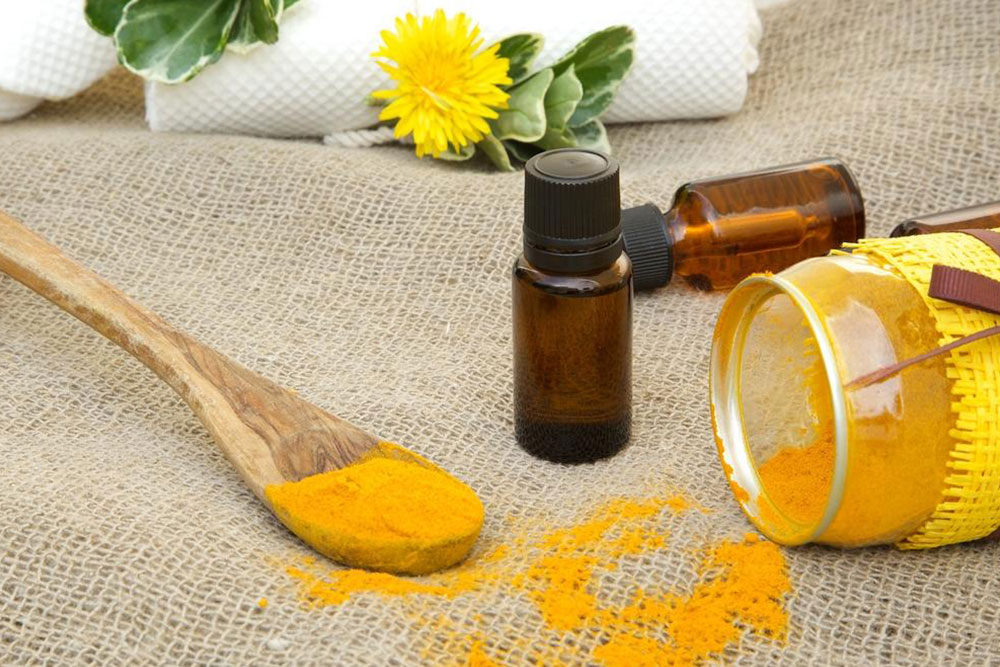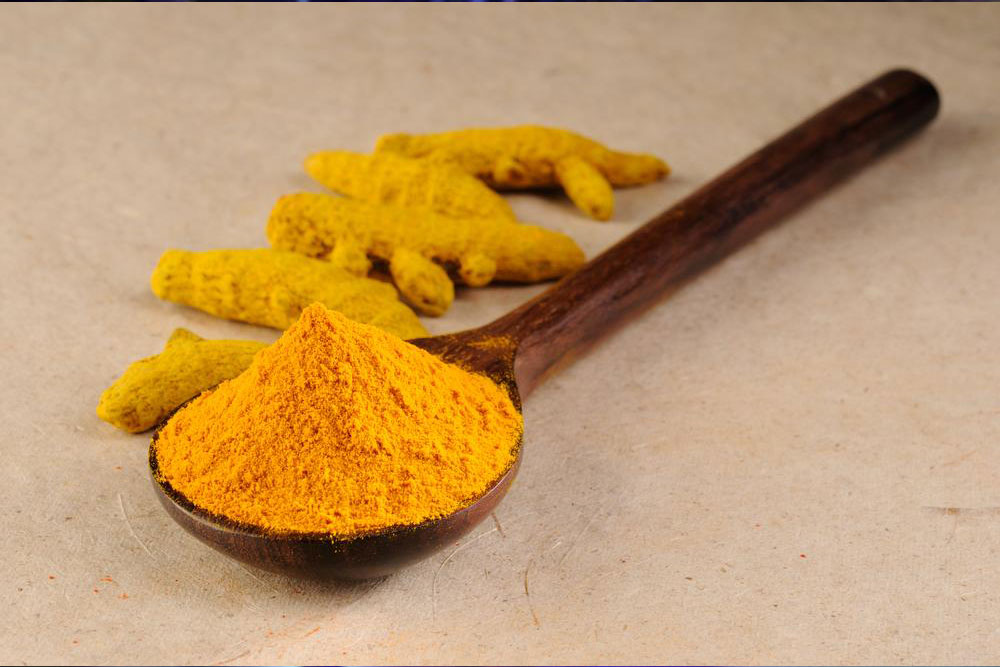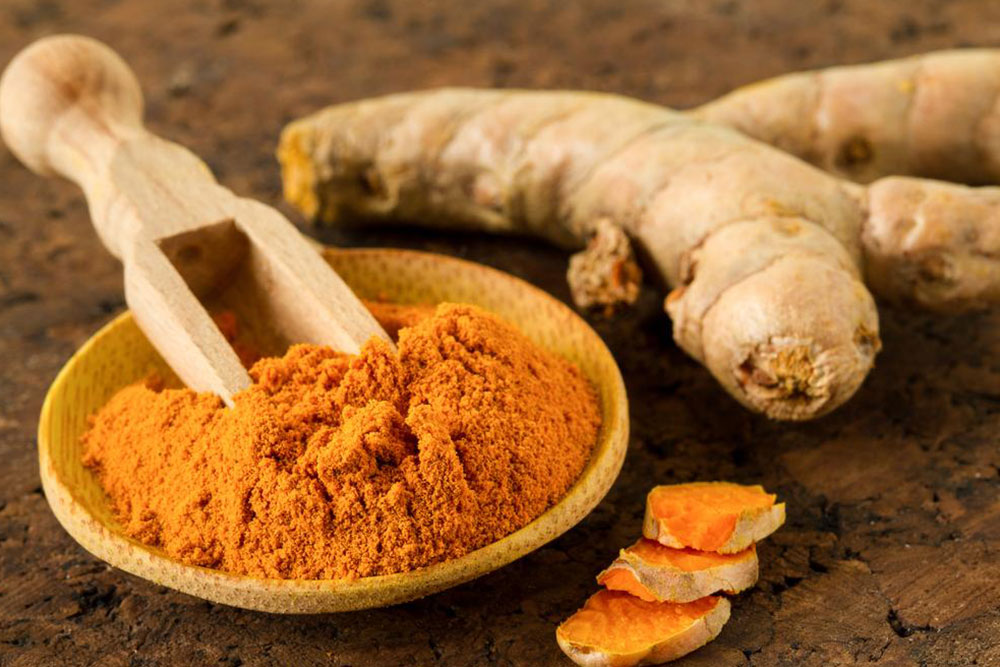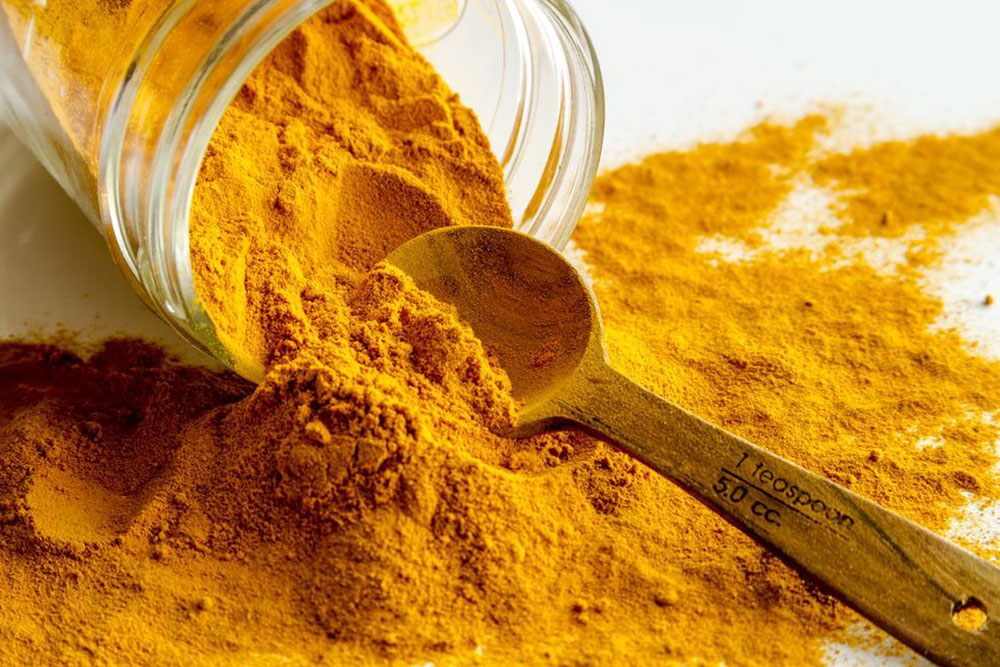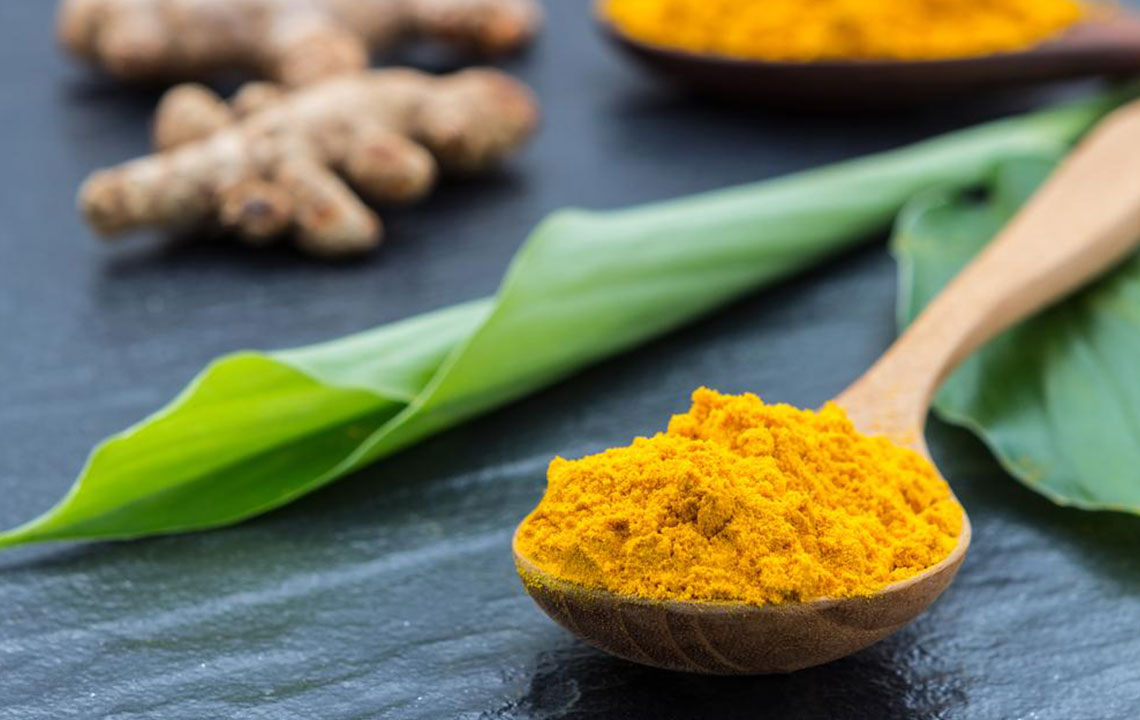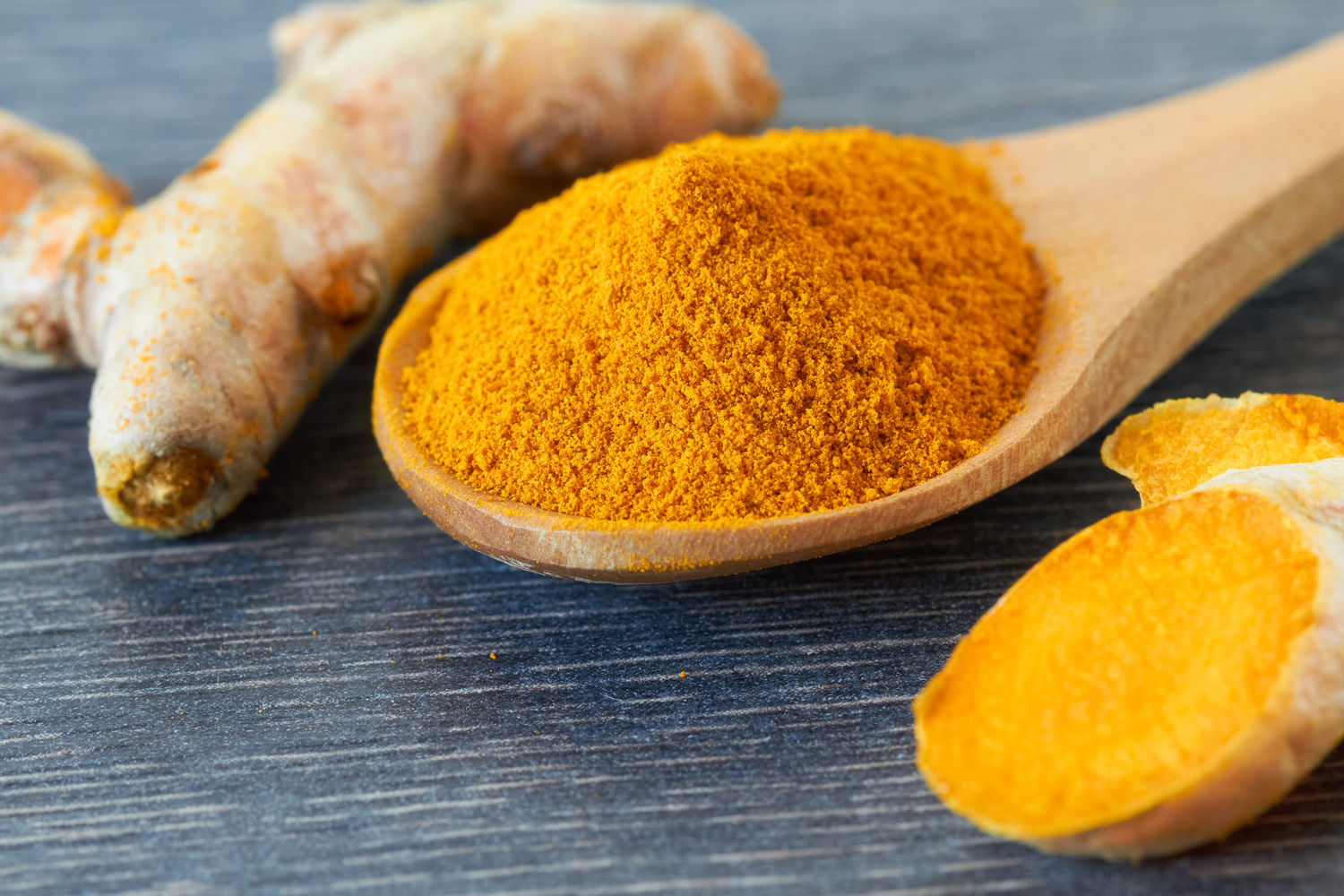The Benefits of Turmeric in Alleviating Arthritis Symptoms
Explore how turmeric's active compounds, particularly curcumin, provide anti-inflammatory, antioxidant, and antimicrobial benefits. This natural herb helps alleviate arthritis symptoms, supports joint health, and boosts overall well-being. Learn about turmeric’s role in disease prevention and its potential as a complementary therapy for managing chronic conditions like arthritis.
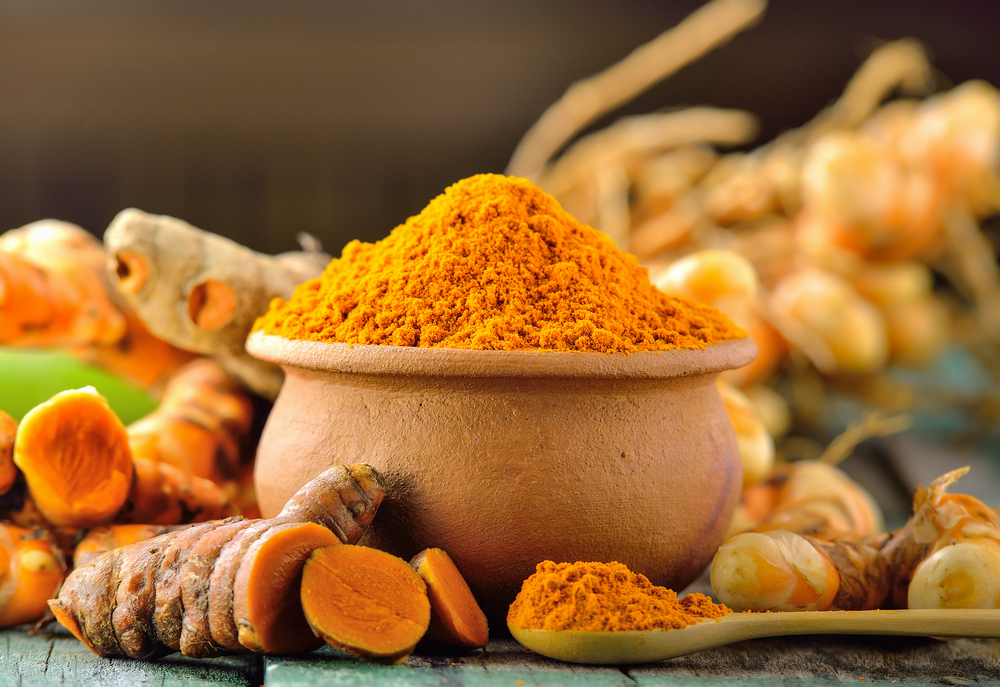
Discover How Turmeric Can Help Relieve Arthritis Discomfort
Turmeric, scientifically known as ‘Curcuma longa,’ is a widely used herb celebrated for its pungent flavor and warm aroma. It is an essential ingredient in many cuisines, adding depth and color to a variety of dishes and drinks. Its versatility makes it a staple in kitchens worldwide.
Rich in anti-inflammatory, antioxidant, antimicrobial, and anticancer properties, turmeric also provides vital nutrients like zinc, magnesium, iron, copper, calcium, potassium, vitamins K, E, C, niacin, dietary fiber, and proteins.
Health advantages of turmeric
Curcumin, the active compound in turmeric, possesses potent anti-inflammatory effects, aiding in the treatment of various inflammatory conditions.
Free radicals cause oxidative stress and damage vital proteins and DNA in the body. Curcumin acts as a powerful antioxidant, neutralizing free radicals and boosting natural antioxidant enzymes.
Research indicates that curcumin can enhance brain function and cognitive performance, providing protection against neurodegenerative diseases and supporting mental health.
Curcumin improves endothelial function, which lines blood vessels, crucial for maintaining healthy blood pressure, flow, and clotting. This effect reduces heart disease risk.
It combats inflammation and oxidation, associated with many chronic diseases including cancer and Alzheimer’s, thereby promoting longevity.
Curcumin has antidepressant properties that can elevate mood and support mental well-being, especially in stressed individuals.
A significant benefit of including turmeric in your diet is its potential to manage arthritis symptoms effectively.
Turmeric’s role in arthritis relief
Arthritis causes joint swelling, inflammation, persistent pain, and stiffness, affecting mobility. Types include osteoarthritis, rheumatoid arthritis, infectious arthritis, and gout. Symptoms include joint stiffness, muscle ache, limited movement, fatigue, and loss of flexibility.
While medications and surgeries like joint replacements exist, natural remedies such as turmeric can help manage pain and reduce symptoms. These include:
Natural pain reduction
Curcumin's anti-inflammatory properties help control swelling and pain associated with arthritis.
Chronic pain management
Curcumin helps control inflammation that can damage bones and other organs, offering broader health benefits.
Cell regeneration support
It aids in reversing skin cell damage related to psoriatic arthritis and reduces inflammation-related skin issues.
Antimicrobial action
Thanks to its antimicrobial properties, curcumin helps fight bacterial, fungal, and viral infections common in arthritis conditions.
Genetic regulation
Curcumin influences gene expression by regulating proteins that control cellular functions, contributing to anti-inflammatory effects.
Preventing disease progression
It targets immune cells resistant to conventional treatment, reducing destructive inflammatory responses.
Supporting autoimmune health
Curcumin helps modulate immune responses in autoimmune conditions like rheumatoid arthritis and lupus.
Bone health preservation
It reduces joint inflammation, preventing cartilage damage, and supports bone density restoration.
Note:
This article offers valuable insights into turmeric’s health benefits, especially for arthritis management. While the information is based on research, it should not replace professional medical advice. The authors are not responsible for any discrepancies or unauthorized use of the data. Always consult a healthcare professional before starting new health routines.

